How to Reduce Penis and Glans Sensitivity? (Don't Miss These 9 Best Tips!)

Are you worrying about penis and glans sensitivity? It's a common concern that many individuals experience but often hesitate to discuss openly. Sensitivity in the penis and glans can sometimes lead to discomfort or difficulty in sexual experiences, impacting both pleasure and confidence. However, there's no need to suffer in silence. Understanding the causes and exploring effective solutions can help you reclaim comfort and enjoyment in intimacy.
Let's delve into this topic further, exploring ways to reduce sensitivity and enhance your overall sexual well-being.
Understanding Penis and Glans Sensitivity
Firstly, it's essential to understand that sensitivity in the penis and glans can vary greatly from person to person. While some individuals may have heightened sensitivity, others may experience less sensitivity. Factors such as genetics, nerve density, and individual physiology all play a role in determining sensitivity levels.
However, heightened sensitivity, particularly if it leads to discomfort or premature ejaculation, can impact sexual satisfaction and confidence. It's essential to address any concerns you may have and explore potential solutions.
Best Techniques to Reduce Sensitivity:
Hypersensitivity in the penis can negatively impact sexual life and enjoyment of sexual experiences. Although it may be challenging to decrease penile sensitivity, let’s see some techniques that reduce sensitivity.
1. Maintaining a Healthy Lifestyle
Maintaining a healthy lifestyle, including regular exercise, balanced nutrition, and adequate sleep, can also contribute to improved sexual function and sensitivity. Additionally, reducing stress levels and practising relaxation techniques such as mindfulness or meditation can help manage sensitivity issues.
2. Circumcision Reversal or Restoration
Circumcision involves the removal of the foreskin. Not in all, but in few people it may can lead to increased sensitivity due to constant exposure of the glans. Reversing or restoring circumcision through surgical or non-surgical methods can help restore the natural protective covering of the glans, potentially reducing sensitivity.
3. Pelvic Floor Exercises
Strengthening the pelvic floor muscles through exercises like Kegels can improve ejaculatory control and reduce sensitivity. These exercises involve contracting and relaxing the muscles used to control urination, which can lead to better control of over-arousal and ejaculation.
4. Mindfulness and Relaxation Techniques
Practising mindfulness, meditation, or deep breathing exercises can help reduce stress and anxiety levels, which can contribute to heightened sensitivity. By cultivating a relaxed state of mind, individuals may experience improved control over-arousal and ejaculation.
5. Masturbation Techniques
Experimenting with different masturbation techniques, such as varying pressure, grip, or using lubrication, can help desensitise the penis over time. They are additionally, practising edging and bringing oneself to the brink of orgasm. Then pausing can help increase stamina and reduce sensitivity.
[ Read: Masturbation Benefits and Side Effects ]
6. Experimentation and Communication
Exploring different sexual activities and communication with sexual partners about preferences and boundaries can help individuals find what works best for them in managing sensitivity. Open and honest communication can lead to a deeper understanding of each other's needs and desires, fostering greater sexual satisfaction and intimacy.
7. Desensitizing Creams or Sprays
Over-the-counter desensitising creams or sprays containing ingredients like lidocaine or benzocaine can temporarily reduce penile sensitivity by numbing the nerve endings. However, it's essential to use these products cautiously and as directed to avoid adverse reactions or excessive numbing, which may interfere with sexual pleasure.
Try “ForMen Delay Control Gel” which doctors recommend to mildly reduce the over sensitivity and experience heightened stamina and control in bed. Apply a pea-sized amount 10-15 minutes before action for longer-lasting pleasure. Take charge of your intimacy and unlock satisfaction today!
8. Condom Use
Wearing condoms during sexual activity can provide a barrier between the penis and the partner's body, reducing direct stimulation and consequently decreasing sensitivity. Opting for thicker condoms or those designed for extended pleasure may further help in reducing sensation.
9. Medication or Supplements
In some cases, healthcare professionals may prescribe medications or supplements to address underlying issues contributing to penile sensitivity, such as anxiety or hormonal imbalances. However, it's important to consult a doctor before taking any medications or supplements to ensure safety and efficacy.
Conclusion:
Sensitivity in the penis and glans is a common concern that can impact sexual satisfaction and confidence. However, various strategies and techniques are available to help manage and reduce sensitivity, allowing individuals to enjoy fulfilling and pleasurable intimate experiences. By understanding the causes and exploring appropriate solutions, you can take proactive steps toward enhancing your sexual well-being and overall quality of life.
FAQs
1) How can you know if your glans are too sensitive?
A) Increased sensitivity of the glans may cause pain during bathing, sex activity, or if rubbed by friction against clothing.
2) Does coconut oil reduce the sensitivity of the glans?
A) Yes, coconut oil can be applied to reduce sensitivity. But there is no evidence suggesting that coconut oil specifically reduces the sensitivity of the penis or glans.
Also Read the Articles:
Disclaimer: The information provided on this page is not a substitute for professional medical advice, diagnosis, or treatment. If you have any questions or concerns about your health, please talk to a healthcare professional.


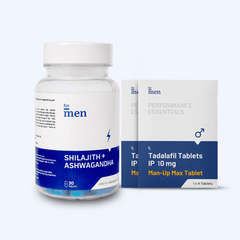
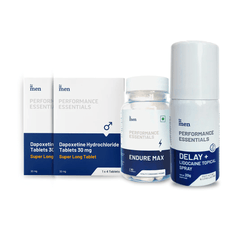
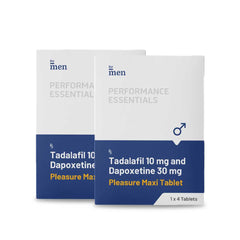
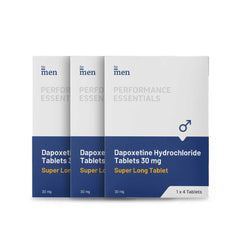

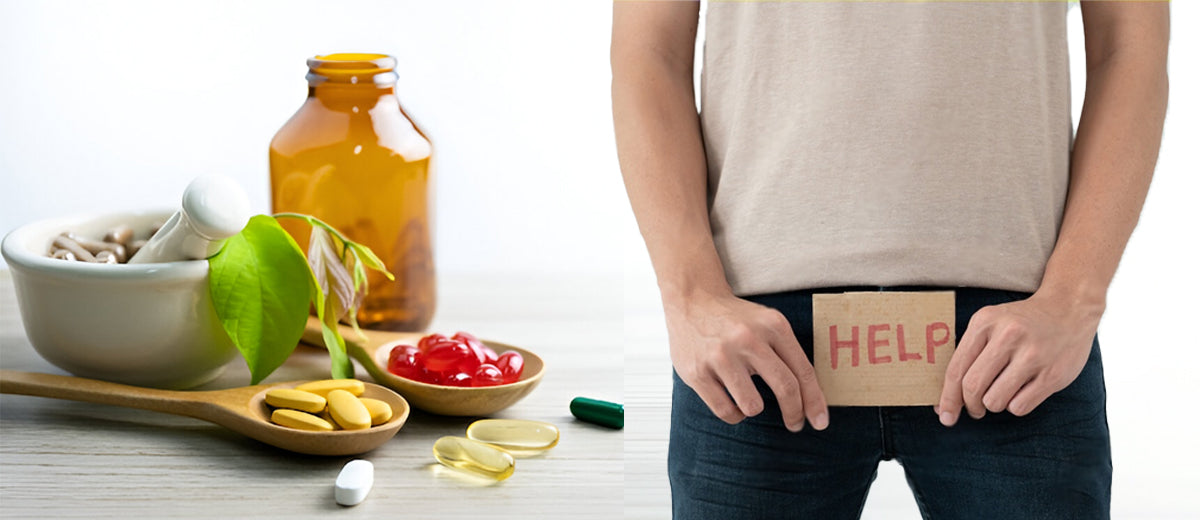

Leave a comment